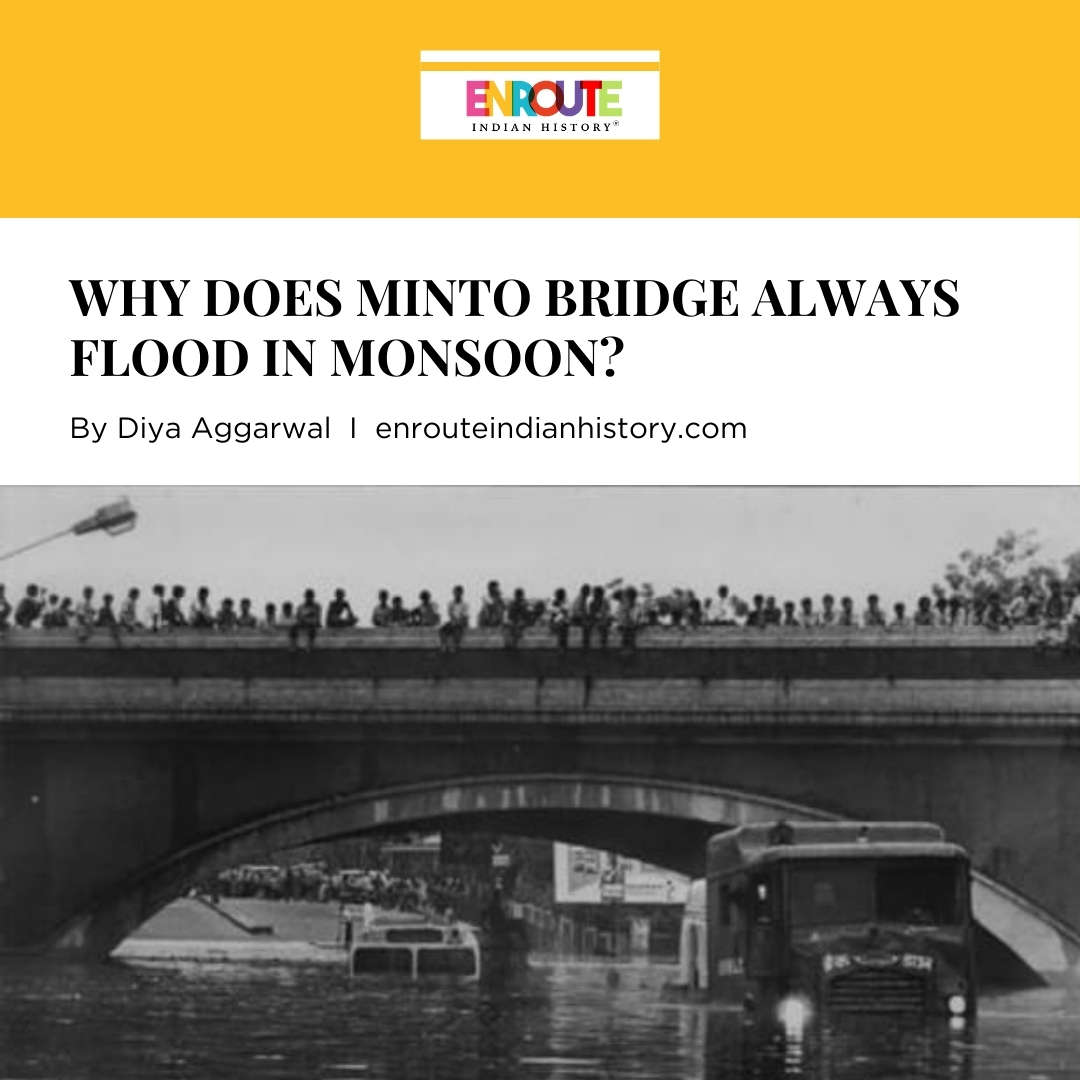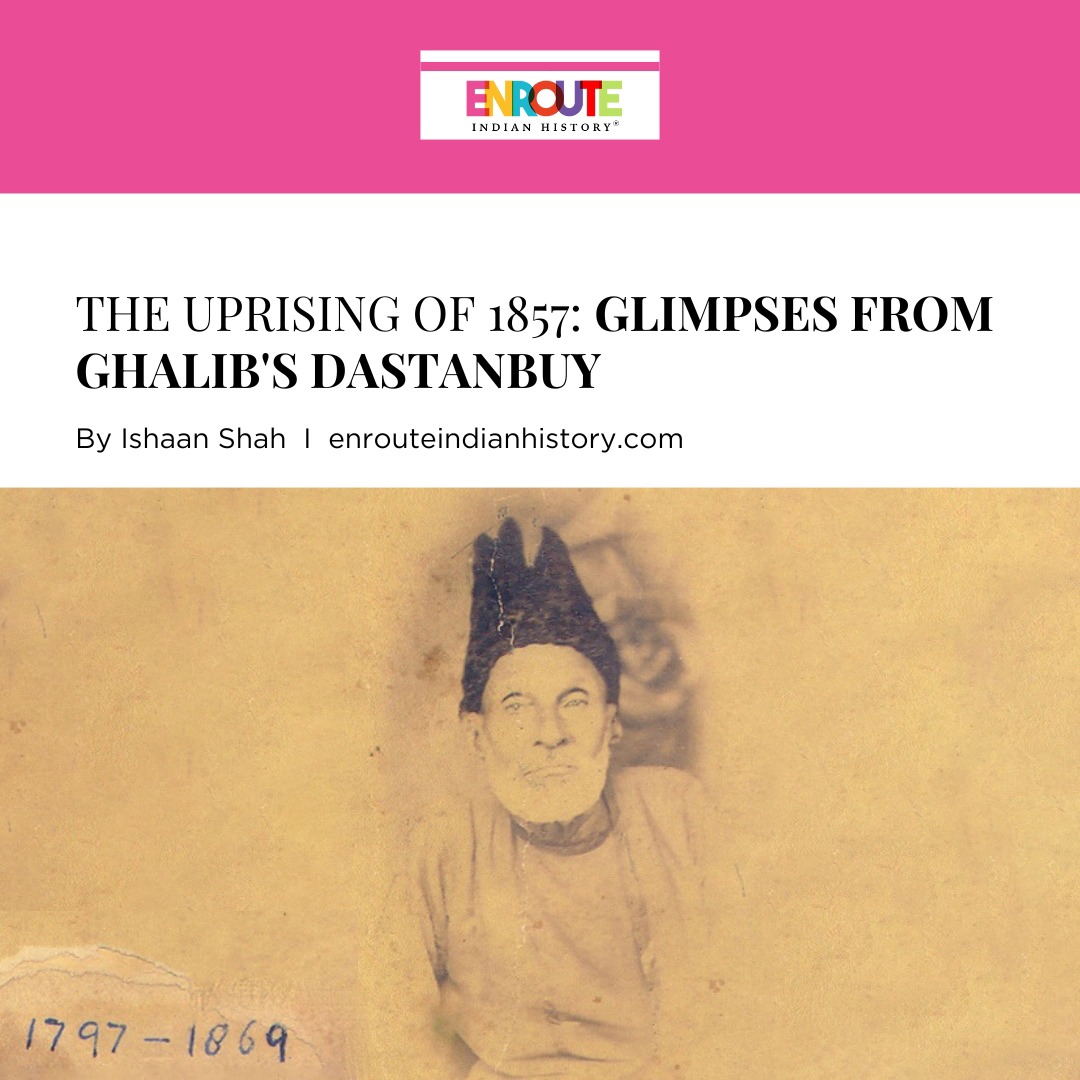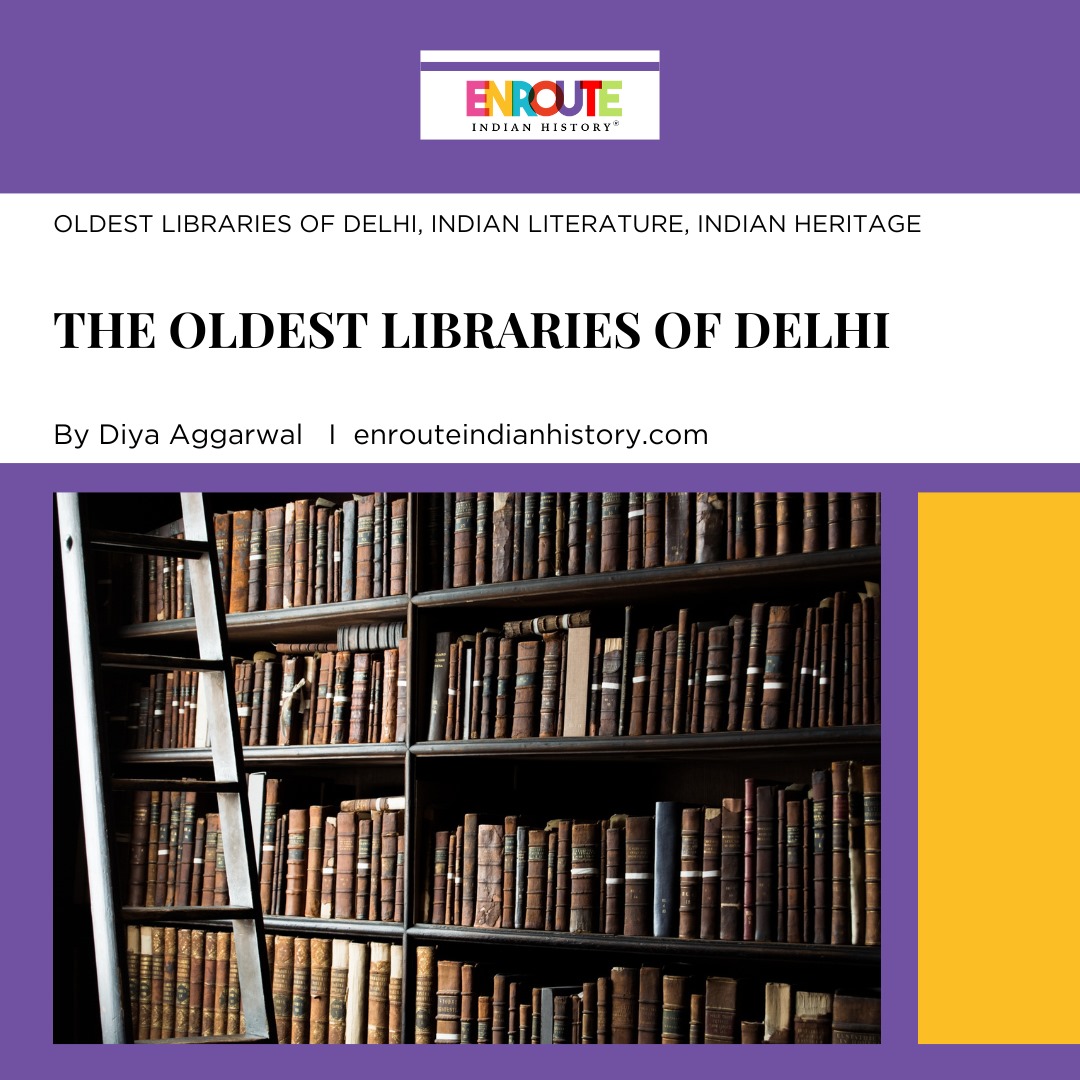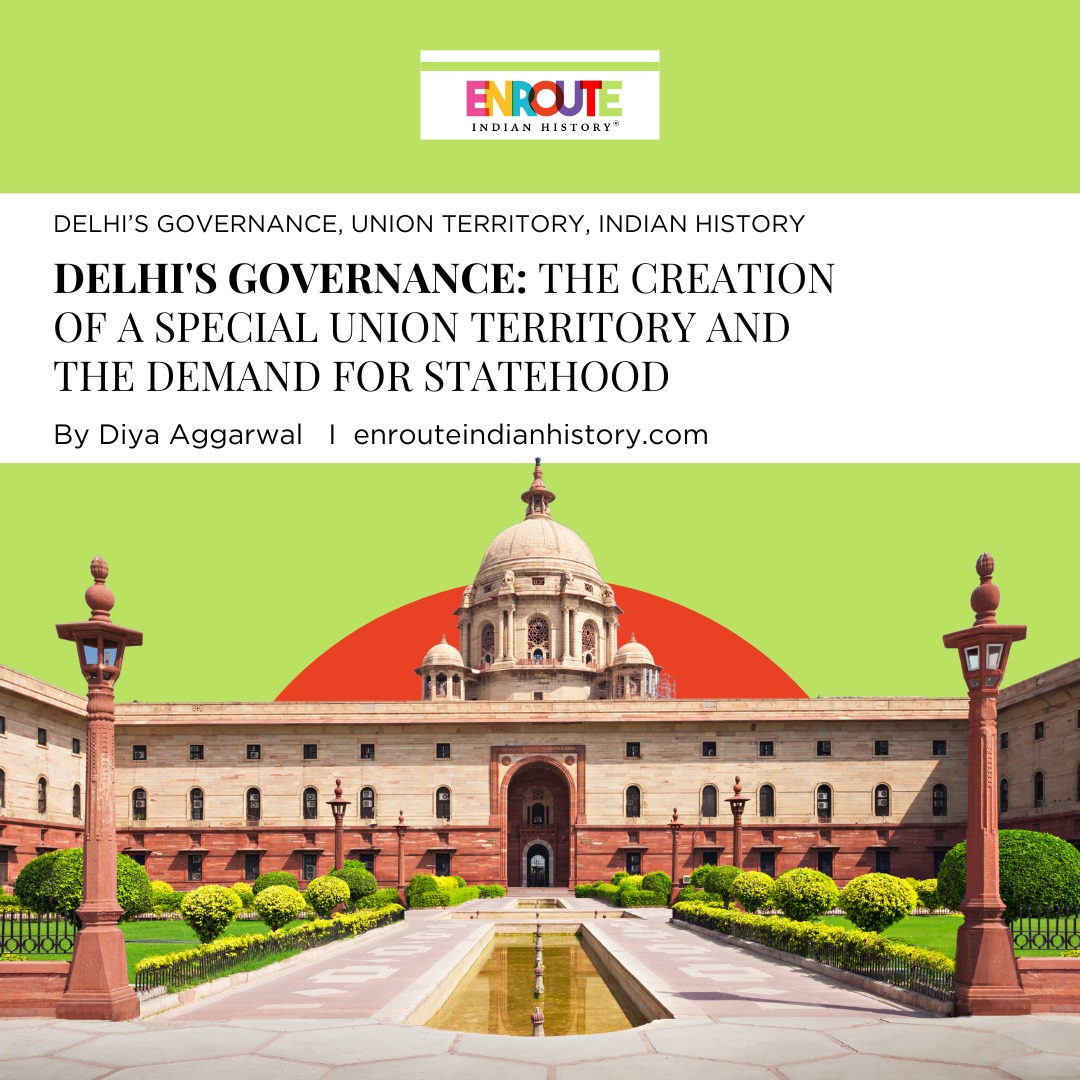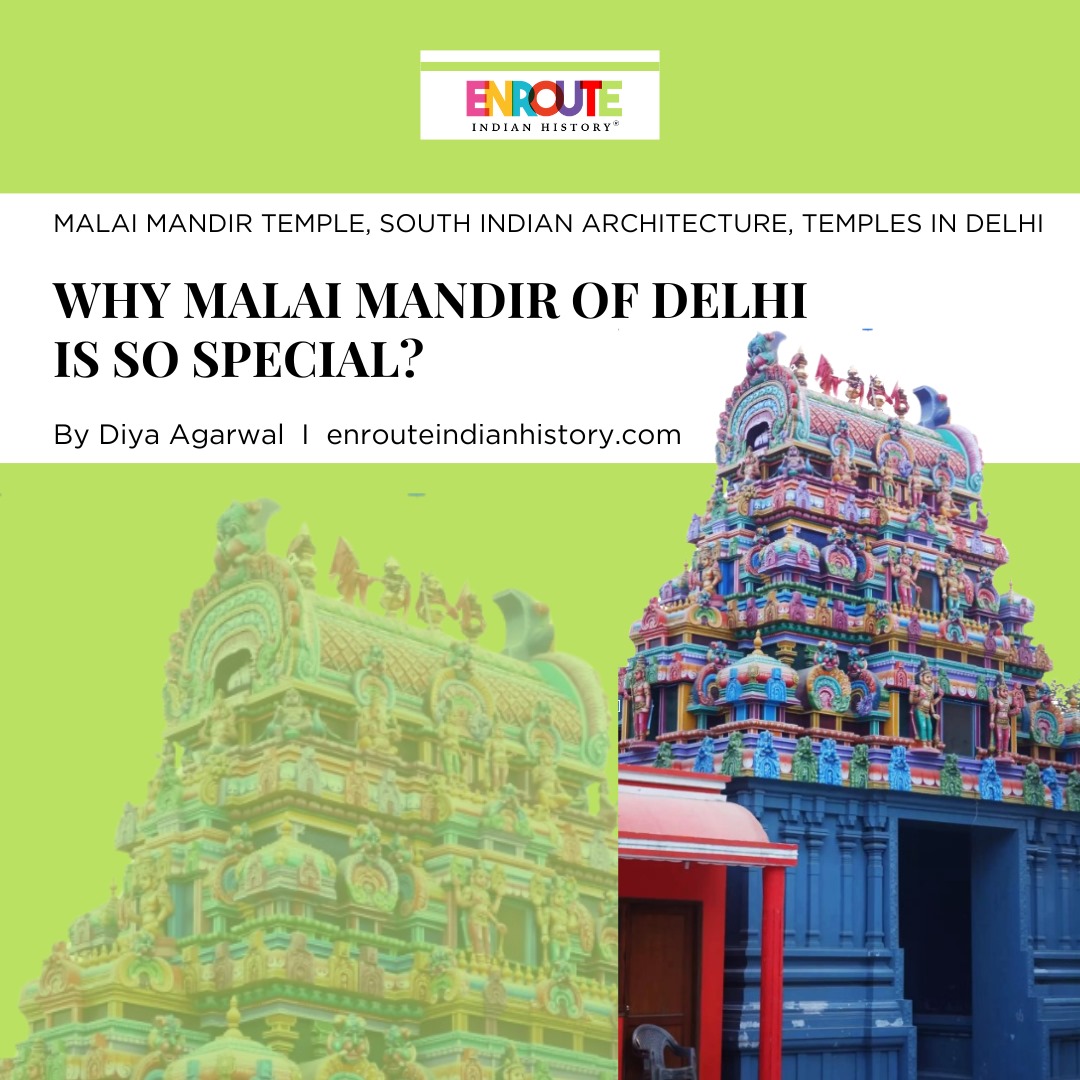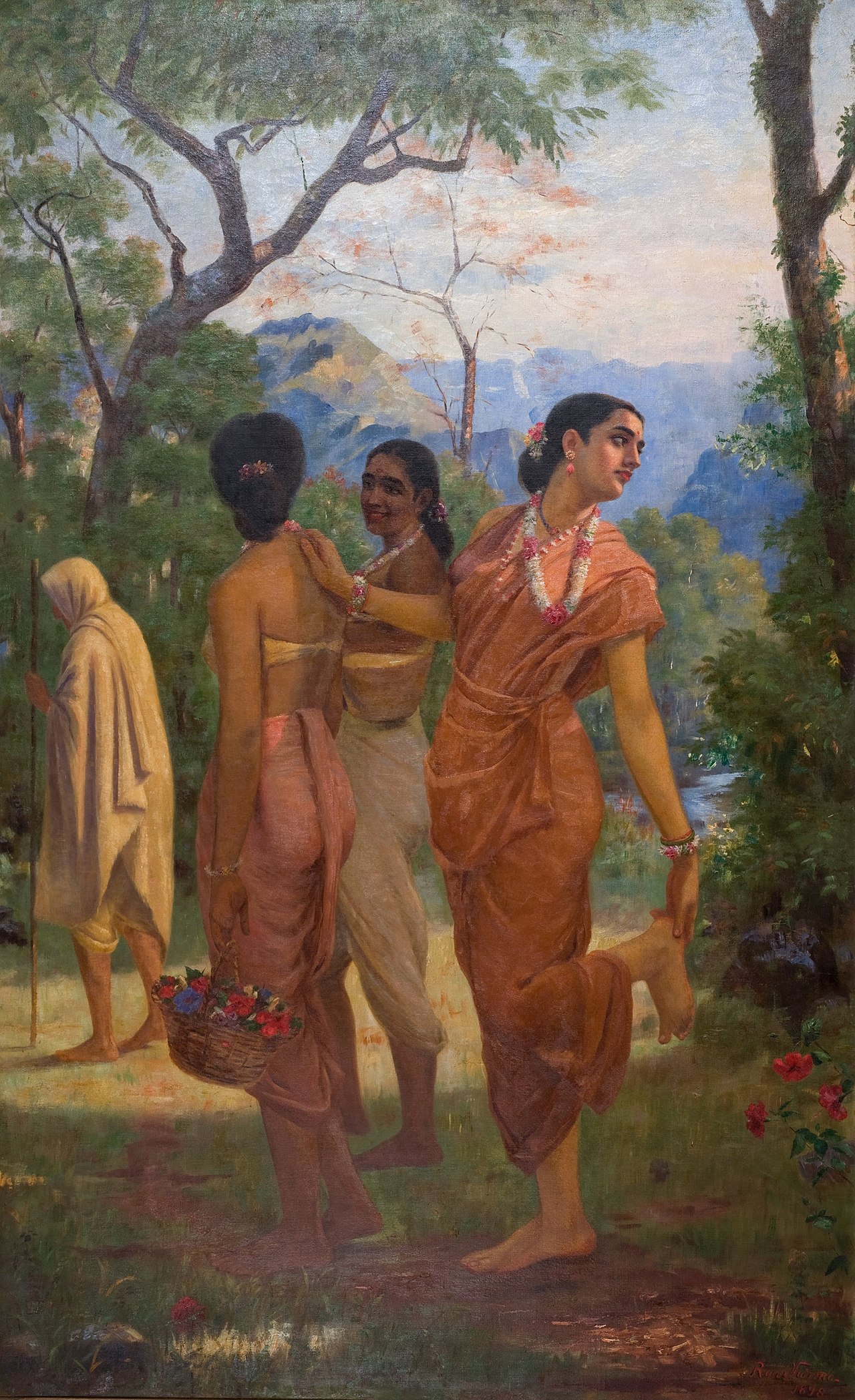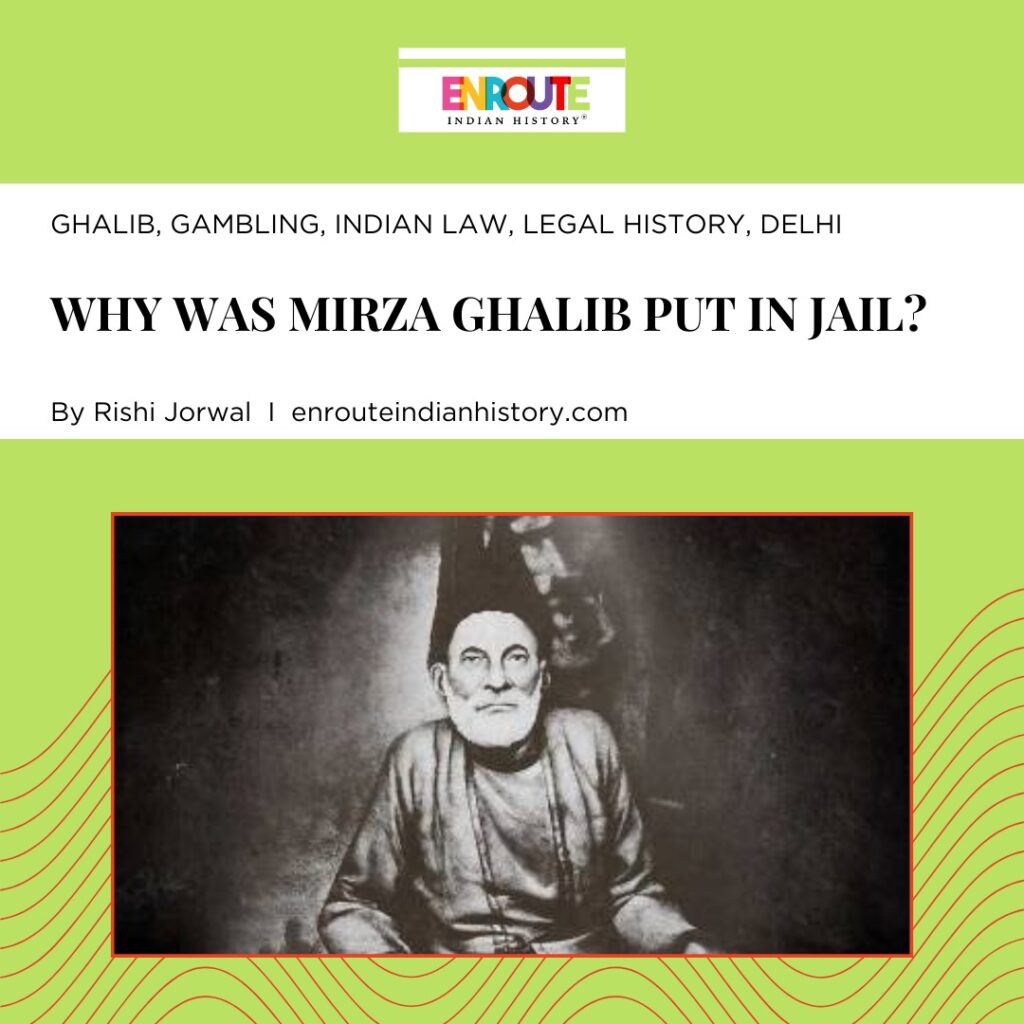

Mirza Ghalib
“है सुखन-वार और भी ज़माने में,
पर कहते हैं ग़ालिब का अंदाज़-ए-बयां और”
The lines ‘etched’ above were written by a poet, considered to be the greatest of his times and after, in his own praise and it literally means “there are many poets in the world but, they say Ghalib’s way of expression is of no match”. Mirza Asadullah begh khan, a much lesser known name of a much greater known person. Having an aristocratic background, a pampered childhood, an adolescence full of playfulness and an old age full of fame and earned respect, Ghalib was the man who seemed to have lived his life to the fullest. Zestfulness of his compositions and the courage in his words to not only go against the conventional way but also to accept the fact of not ‘fitting in’ in the crowd of ‘Respected’ People. The Article will talk about Ghalib and those who influenced him enough to be the man who will influence the whole of writer cult in the subcontinent and not be influenced by the view he opposed. We shall delve into the thoughts and perspectives of Ghalib. At times it might Ghalib is contradicting in himself, whenever that thought crosses your mind you must remind yourself of the fact at the end of the day he was a living, breathing man, growing and learning through different seasons of life. Hence, instead of judging Ghalib as a someone who flip-flops and is used to changing his opinion one must watch under the lens of growing character of Ghalib with time.
The life of Ghalib
Ghalib’s character sketch can often lead one to get mesmerized by the comfort he was used to. Being the pampered boy of the house, he was used to conversation, game and company. Noone in his family saw the need for him to receive proper education, this was due to the talent he showed early in his life. It was much later in his life that he finally decided to quit kite flying and other youthful pleasures get serious about writing. Although he never bothered to change himself completely. He once said “I have a man’s nature, I am born of a man, And proud that I commit sins I can”. To be brave enough to show others their flaws is one thing, but to be able to accept and reflect upon your own flaws takes not only a brave man but also a mature one. Ghalib was clearly the second one. He was really open about his habits and his ways which did not align with those who were considered as the ‘Respected’ section of the society. It seems Ghalib was not very happy with his early works, upon being mocked and made fun of by one of his elders, he discarded his written material, which is estimated to be two-third of his total compositions. Now based on this fact, it can be said that his typical trait of living through his life without compromises and care for offending others was an acquired one, that he gained most probably later on in his life. This will later on lead him to not to have any shame in having and being immersed in the activities often considered the vices in society. For instance, It is already well known that Ghalib loved to drink, he would often walk miles to buy the wine of the best quality. Talking about his own drinking habits, Ghalib wrote, “My worship for wine, I’ll never abandon, In stormy whirlpool I shall always dive” (Mujeeb, 1969) However, wine was not the only thing that interested Ghalib. He admired and was admired by beautiful women(Mujeeb, 1969). Once when one of his companion who was still recovering from his wife’s demise, Ghalib simply advised him to move and marry some other woman. (Dalrymple, 2007)
What Ghalib Saw?
To put it in straight words, Ghalib was not much interested in the mystical secrets and the reunion that the Urdu poetry was full of. This situation due to the prevalence of Sufi and mystical ideas and emotions in which Ghalib took no interest. Although the examples to show all this were those of the materialistic world, their implications were clearly not that. Some of these words can still be heard in the qawallis of Ustad Nusrat Fateh Ali Khan along with others like ‘suroor’, ‘saqi’, ‘sharaab’, intoxication, Love, Madness. All these words were given transcend spiritual quality. He once wrote “I am no Muslim, only if prayed once in my life”. In some other known instaces, when Ghalib was asked if he is was Muslim, he accepted it and replied “ a Half Muslim” when counter questioned on the reply to know what he meant, Ghalib explained, “I drink wine but I don’t eat pork”. His belittling of the prevalent religious institutions and faith was not because he had some religiosity of any other kind. Ghalib on the other hand, provides a new and fresh approach to the world. He naturally challenged the ‘usual’ ways of world and society. On the Contrast, Ghalib did write using all the traditional symbols. Ghalib’s resentment is not just against social order. Some bestow Ghalib with the qualities of being warm hearted, generous, and someone who lived a life with self respect and independence. Ghalib is considered to be the best of Urdu writers that too when it was still in making. The language is something that should be talked of even more when it comes to Ghalib, he was never really fond of Urdu as a language and preferred Persian over it. This is the exact reason why Urdu in Ghalib’s works has more Persian influence in it. The Great poet once wrote “फ़ारसी बयान तब बीनी नक़्श है रंग-रंग, बा गुज़र अज़ मुजमाए उर्दू बेरंग मन अस्त” Translated to “once again going through my Urdu collection which is like a colourless drawing, the Persian reader shall struck by the colourfulness of my Persian poetry better”. Even after having such a great bias for his works in Persian and thinking of his collection to be a holy text if someone think of Persian as a holy language, Ghalib is only known as ‘sabuk-e-hind’ in Iran, which means the person from ‘hind’ who wrote in Persian instead of being highly revered and respected. (Narang, 2017)
The Beauty in Ghalib’s ‘Andaz-e-Bayaan’
Bijnauri after reading some of the Ghalib’s works, says “hardly hundred pages but what is it that is not there? Or which of the melodies is lament in the strings of this instrument?”. We started this article with the praise of ghalib, further adding another ‘sher’ which say बला-ए-जान है ग़ालिब, उसकी हर बात। इबारत क्या, इशारत क्या, अदा क्या” Literally meaning “all that Ghalib says is miraculously charming, be it his art,his style or his text”. Sadly, Ghalib was never praised this much for his works during his lifetime, instead he used to have tussles with the fellow courtiers and poets for greater fame and importance in the court along with the closeness to the Emperor Bahadur Shah ‘Zafar’ which came with it, who was a poet himself and appointed Ghalib as the history teacher for one of his young princes and it was only after the death of his prime rival, Zauq that Ghalib finally managed to get near emperor who declared him to be ‘Najm ud daulla’ meaning the Star of the state. Ghalib having his own way of saying things which was often rude and was considered as a disrespect by the fellow court poet. For instance Ghalib once while talking about Zauq said “ hua hai shah ka musahib toh firta hai itarata” meaning “he has been roaming around with arrogance since he has become the favourite of emperor”. (Safvi, 2020)
Recently in Bhopal some of the Ghalib’s works have been found. These are probably of times when he was 19 and 25, although Ghalib decided to discard his own early works, the readers and scholars think of these works to be as beautiful as his later writings. In his early years the young poet destined to be one of the greatest of all times was inspired by ‘Bedil’ and often tried to write like him. The very decision of discarding the poetry he didn’t like, seems to be indicative of his ambition to be better and greater than he already is. This can be explained by the wish of Ghalib to live the life his aristocratic ancestors lived.
Ghalib in his poems is a playful and chivalrous person but later in his works also started writing the emotions of grief and pain. His writings grew on to become personal, so intensely personal that it became universal. For example, “दिल ही तो है ना संग-ओ-खिश्त गम से भर ना जाए क्यों,
रोएंगे हम हजार बार हमें कोई सताए क्यों” (meaning, “it is just a heart and not some stone or brick, why should not it be filled with sorrow. I’ll cry a thousand times, why should anyone hurt me”)
To all that is so far discussed it won’t be wrong to say that Ghalib’s works are too vast and contradictory to be characterized into any one categorical section. Ghalib was a warm-hearted man, full sympathy and life and carried on even with his daily life by giving supreme importance to self-respect and independence. When once offered a job Ghalib simply refused to take it because there was noone to welcome him at the gate and he considered this to be a sign of decrease in the offered respect in the job than he already gets for working in king’s service. Ghalib at times seems to be of a happy and lively personality. He is described to have exquisite charm and sematic density along with extreme qoutability of his words. Also, at times his life seems to be full of grief and misery and one which his works were not respected enough but it was after his death that his writings started to gain popularity. Anyone reading this should be considerate enough to accept and understand the fact that a man’s life is greater than the capacity and reach of any research project. It is highly recommended to keep in mind to not to accept and rely on any one aspect of ‘described’ personality neither blindly and nor completely. The different and rather contradictory aspects of both his poetry and life seem to be because of the growth of his character, and the maturity he gained after passing through the many seasons of life.
References
Dalrymple, W. (2007). The Last Mughl. Penguin Publication.
Mujeeb, M. (1969). The Personal and The Universal in Ghalib. Indian Literature, 5-14. Retrieved from Jstor.
Narang, C. G. (2017). Ghalib. Indian Literature, 154-170.
Safvi, R. (2020, september 3rd). huwa hai shah ka musahib phirey hai itrata. Retrieved from www.ranasafvi.com: https://ranasafvi.com/bana-hai-shah-ka-musahib-phirey-hai-itraata-legendary-rivalry-between-ghalib-and-zauq
IMAGES
PHOTO OF GHALIB – https://indianexpress-com.cdn.ampproject.org/v/s/indianexpress.com/article/express-sunday-eye/mirza-ghalib-a-scoundrel-who-lives-near-god-5851031/lite/?amp_gsa=1&_js_v=a9&usqp=mq331AQIUAKwASCAAgM%3D#amp_tf=From%20%251%24s&aoh=17066236640019&referrer=https%3A%2F%2Fwww.google.com&share=https%3A%2F%2Findianexpress.com%2Farticle%2Fexpress-sunday-eye%2Fmirza-ghalib-a-scoundrel-who-lives-near-god-5851031%2F ( source- The Indian express, Life and loves of MIrza Ghalib, the last great poet of mughal era, 2019)



